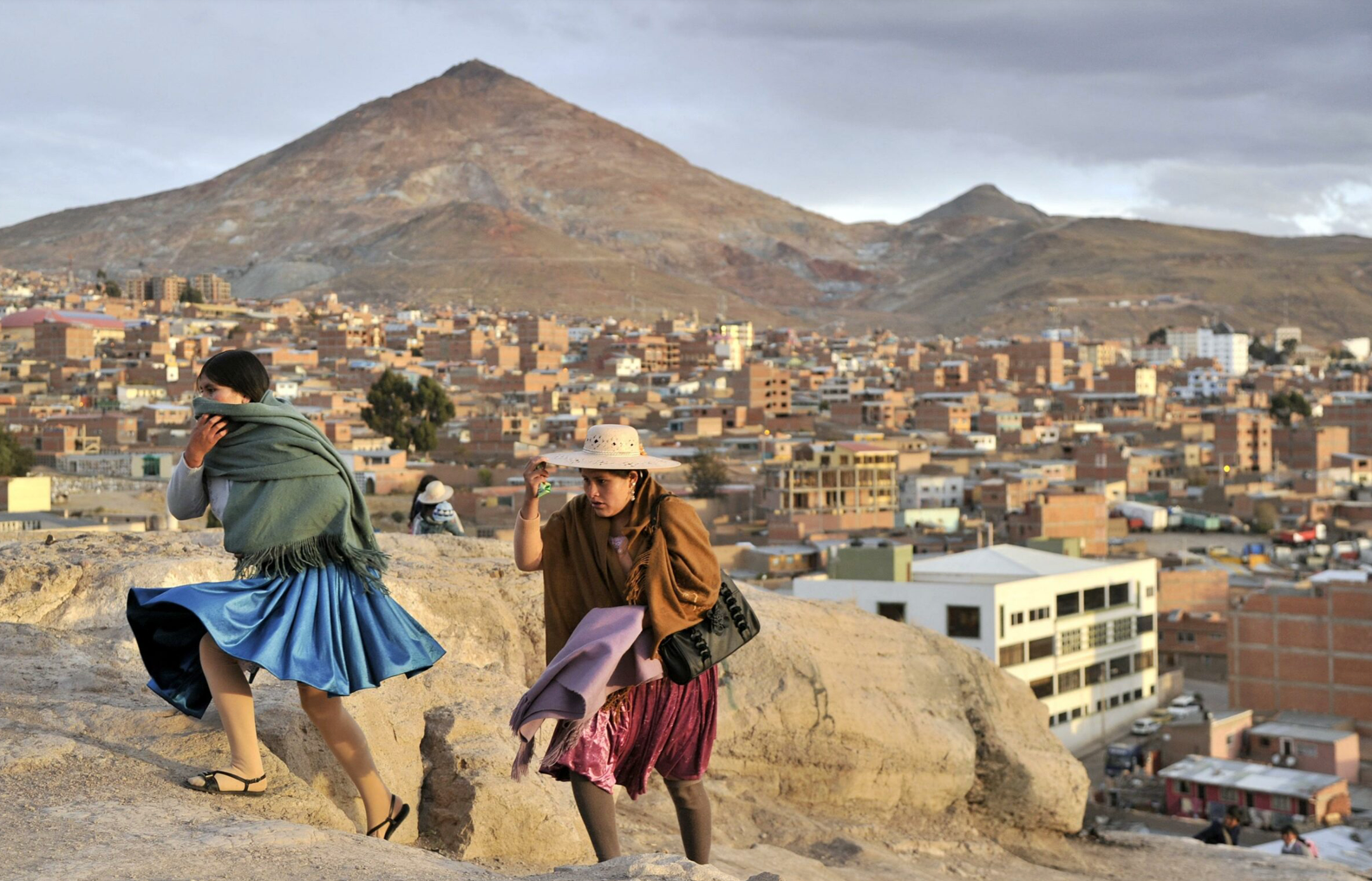BARRIO – Construction company China Railway Group Limited (CREC) will be in charge of developing, designing, and building the Potosí-Cochabamba highway in Bolivia. The project, however, could wipe out the ecological wealth of the Potosí department, independent investigative journalism platform Diálogo Chino reported.
In the last decade, Chinese investments in mining and the construction of infrastructure works such as highways have gained a strong foothold in Bolivia.
The project, preliminarily called the Tiku Integration Highway, after the traditional dance of the Andean department, will begin in Tinguipaya, Potosí, and end in Achamoco, Cochabamba. It will span 259 kilometers, 222 of which will cross the territory of more than 30 indigenous communities.
The Chinese company plans to start the road in 2023. If so, it will obviously start without an environmental impact study.
According to CREC, the road project will improve the quality of life of Potosí communities, but the project is tied to pursuits other than just the well-being of the communities. The road is going to pass through the Mallhu Khota deposit, where there are tons of gold, silver, copper, indium, and gallium. According to many, CREC seeks to exploit that mine.
China’s interests in Bolivia “are its mining resources such as gold, and the exploitation of lithium for the manufacture of batteries for electric vehicles,” environmental experts say. “Being in the road construction business opens ways to facilitate this exploitation.”
In the last four years alone, another Chinese company, state-owned China Harbour Engineering Company Ltd.,has been awarded the construction of seven road works, according to Bolivian news platform Los Tiempos. As of October 2019, Beijing had more than 60 companies in Bolivia developing 55 “cooperation”projects, Bolivian newspaper El Deber reported.






0 Comments